Across Borders
Across Borders
Latin Perspectives in the Americas
Reshaping Religion, Theology, and Life
Edited by Joerg Rieger
LEXINGTON BOOKS
Lanham Boulder New York Toronto Plymouth, UK
Published by Lexington Books
A wholly owned subsidiary of The Rowman & Littlefield Publishing Group, Inc.
4501 Forbes Boulevard, Suite 200, Lanham, Maryland 20706
www.rowman.com
10 Thornbury Road, Plymouth PL6 7PP, United Kingdom
Copyright 2013 by Lexington Books
All rights reserved. No part of this book may be reproduced in any form or by any electronic or mechanical means, including information storage and retrieval systems, without written permission from the publisher, except by a reviewer who may quote passages in a review.
Library of Congress Cataloging-in-Publication Data Available
ISBN 978-0-7391-7533-0 (cloth : alk. paper) -- ISBN 978-0-7391-7534-7 (electronic)
 TM The paper used in this publication meets the minimum requirements of American National Standard for Information Sciences Permanence of Paper for Printed Library Materials, ANSI/NISO Z39.48-1992.
TM The paper used in this publication meets the minimum requirements of American National Standard for Information Sciences Permanence of Paper for Printed Library Materials, ANSI/NISO Z39.48-1992.
Printed in the United States of America
Acknowledgements
We gratefully acknowledge the support of various individuals and communities.
The Center for the Study of Latino/a Christianity and Religion at Perkins School of Theology, Southern Methodist University, funded our travels, a meeting in Dallas, as well as part of the publication costs. Thank you also to the colleagues, students, activists, and working people in Dallas who gathered with us for discussion and exchange.
A special word of thanks goes to Emily Everett, who translated the chapters by Nstor Mguez and Jung Mo Sung, with support from a community of others. Joerg Riegers research assistants Julie Mavity Maddalena, graduate student in ethics, and Tim McGee, graduate student in theology, have made important contributions during the editing process. Haley Feuerbacher, graduate student in religion and culture, compiled the index.
Introduction
Joerg Rieger
Crossing Borders in the Postcolonial Empire: On Deep Solidarity in the Americas
Scholars in Latin America and Latino/a scholars in the United States have made substantial contributions to religious studies and theology over the last four decades. Nevertheless, there are very few projects where representatives of the various perspectives in the North and the South have worked together. This fact alone makes our book unique, as it brings into conversation leading scholars from both worlds.
Moreover, since ours is a time of experiencing, dealing with, and transgressing borders in new ways, a project that brings together the North and the South of the Americas is timely and appropriate. The hurdles that need to be overcome in the process teach us what struggles need to be fought and where the potential of such encounters might be located. The problem with borders, as we shall see, is that they are more permeable in some directions than in others; in addition, the flow of money and wealth is increasingly freed from the restrictions of borders, while the flow of the common people is increasingly restricted. The world is anything but flat, contrary to the title of a popular book by Thomas Friedman, which has been influential in religious circles as well.
In terms of academic resources, postcolonial theory has been at the forefront of dealing with some of these developments, helping to increase the visibility of the concomitant power differentials that are often hidden. In this introduction, I will propose this theoretical framework in order to address some of the tensions that emerge in the North-South encounter in the Americas. The particulars of North-South encounters will also help reshape the framework of postcolonial theory in turn and its implications for religious studies and theology.
While my own work has been informed by insights of postcolonial theory, my encounters with Latino/a causes in the United States through involvement in issues of religion and labor, as well as my collaborations with Latin American scholars and their causes, have reframed core issues for me. It is based on these experiences that I have initiated the dialogue between North and South presented in this book. The authors whose work makes up the body of this book came together for a meeting in Dallas with the help of funding by the Center for the Study of Latino/a Christianity and Religion at Perkins School of Theology, SMU. My own experiences as an immigrant to the United States from Germany and many related border crossings from East to West and North to South have also provided perspectives that have been of benefit to the work we are presenting in this book.
Postcolonial Theory
In postcolonial times, bringing together Latino/a and Latin American theologians and, thus, North and South may not appear to be a particularly radical endeavor. Have not these categories lost some of their significance after the end of most formal colonialisms, and have not the relations established by the global economy put an end to the sharply defined borders of the past? And while some borders remain, do not many of us feel that we are transgressing them more frequently and with less trouble than in the past? Even some of the most parochial schools of theology are now adding immersion experiences for their students and their (sometimes reluctant) faculties. Despite all these developments, truly mutual encounters between North and South in which both sides engage each other and make constructive contributions are far less frequent than one would expect, even in the fields of religion and theology. Why is this so?
One of the reasons may have to do with the notion of the postcolonial itself and with a pervasive lack of understanding of the historical genesis of colonialism and postcolonialism. Mainline U.S. scholars, religionists and theologians in particular, have given little thought to matters of colonialism and empire, as the colonial experience of the United States is considered past history, relegated to the beginnings in the eighteenth and nineteenth centuries, and as the United States today hardly perceives of itself as a colonial power. There is some truth to this perception because, unlike the European colonial powers, the United States for the most part expanded its international influence through means other than the establishment of classical colonies.
The U.S. Monroe Doctrine of 1823, for instance, challenged European interference in the Americas at a time when Latin American countries were gaining their independence and called for an end to colonial relationships (except for the situation of the Malvinas/Falkland Islands, which still are a colonial territory of the British Crown in South America, with the acquiescence of the United States). As a result, the Monroe Doctrine opened the door for the establishment of U.S. interests in Latin America. The ensuing U.S. influence in Latin America was not achieved through colonization but through business relations and the active pursuit of capitalist expansion, to which Protestant missions contributed a great deal. Establishing schools at various levels that would train Latin Americans for new jobsand in some cases also training them for the highest levels of leadership in ways that would favor North American interests ideologically and financiallywas a common paradigm and considered a progressive move. continues into the present. Most residents of the United States are unaware of much of this history, including the recent interventions of the United States in support of repressive regimes in Central and Latin America that date to the present.
Next page
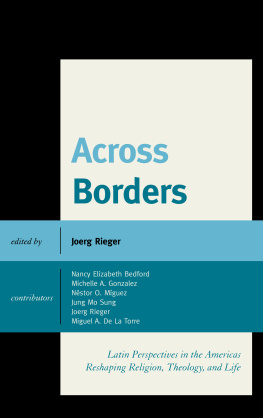
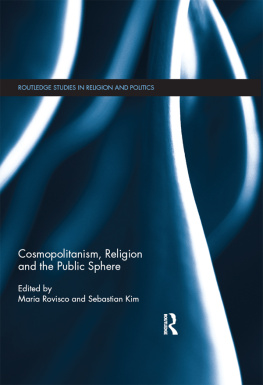
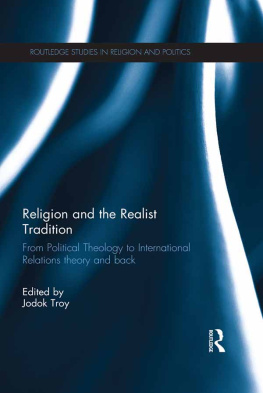
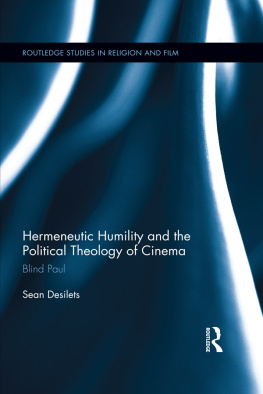
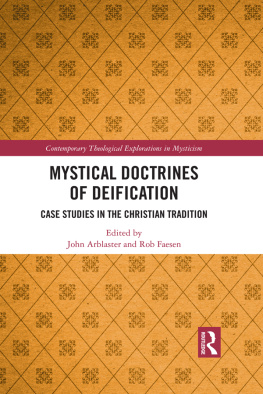

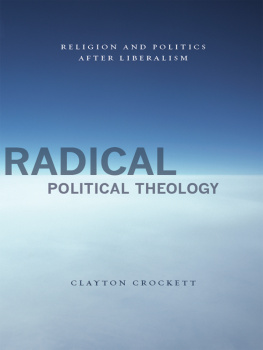
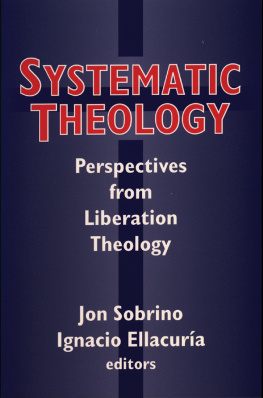
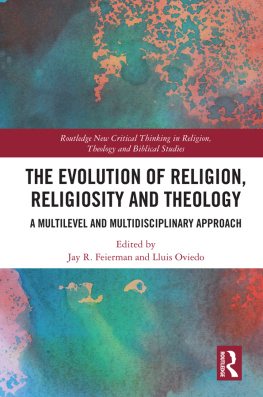
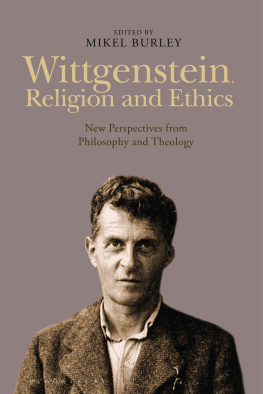
 TM The paper used in this publication meets the minimum requirements of American National Standard for Information Sciences Permanence of Paper for Printed Library Materials, ANSI/NISO Z39.48-1992.
TM The paper used in this publication meets the minimum requirements of American National Standard for Information Sciences Permanence of Paper for Printed Library Materials, ANSI/NISO Z39.48-1992.